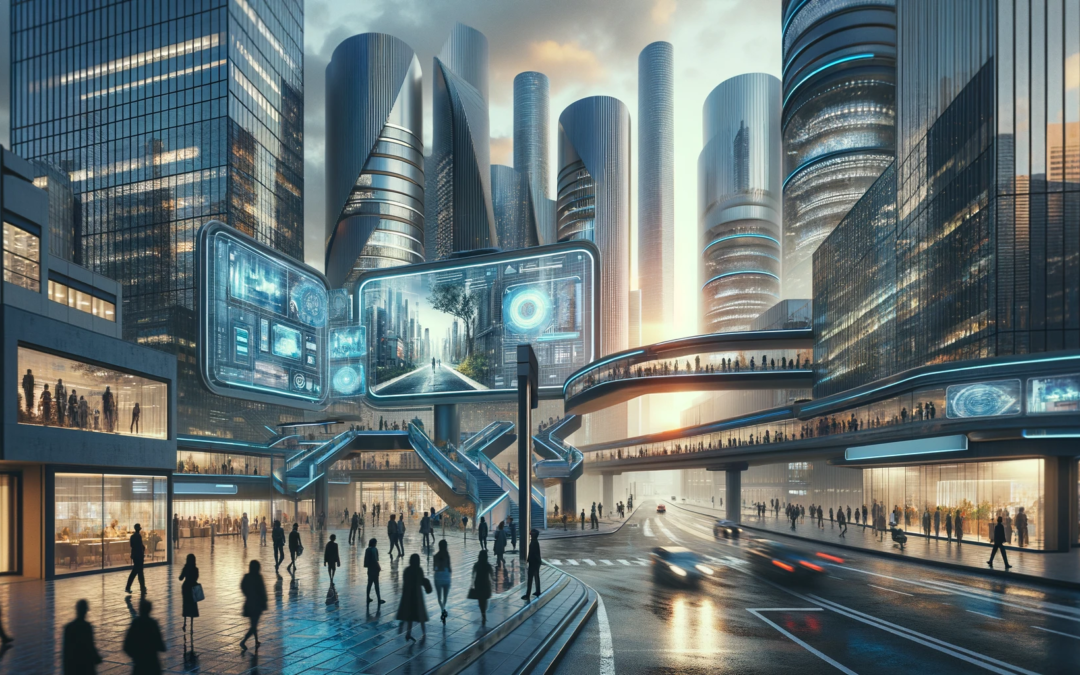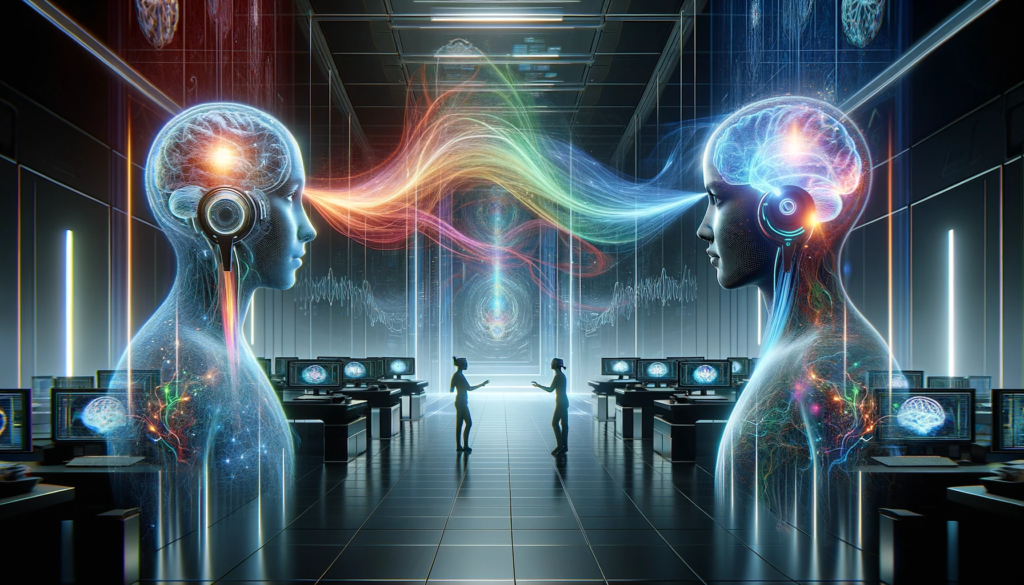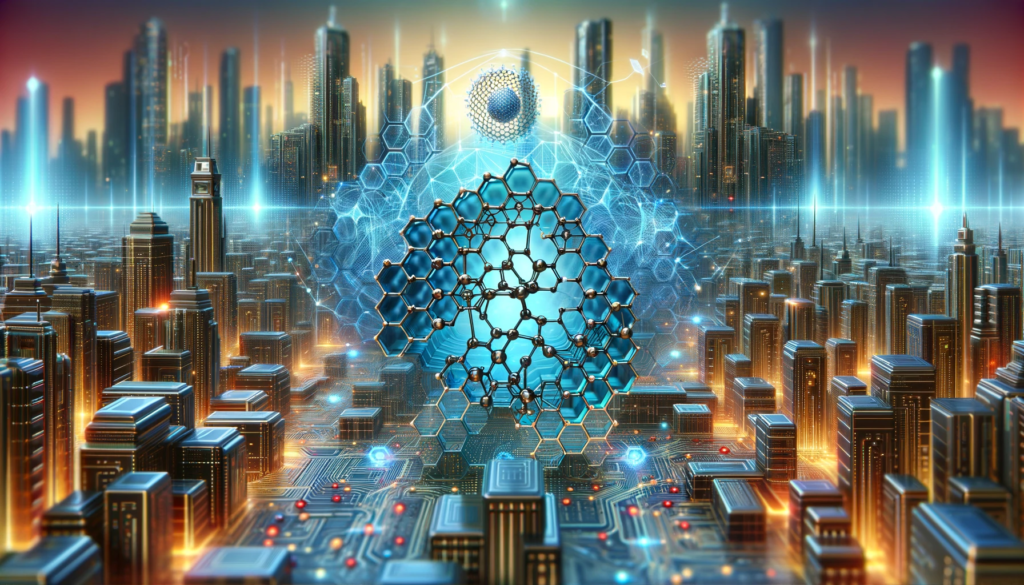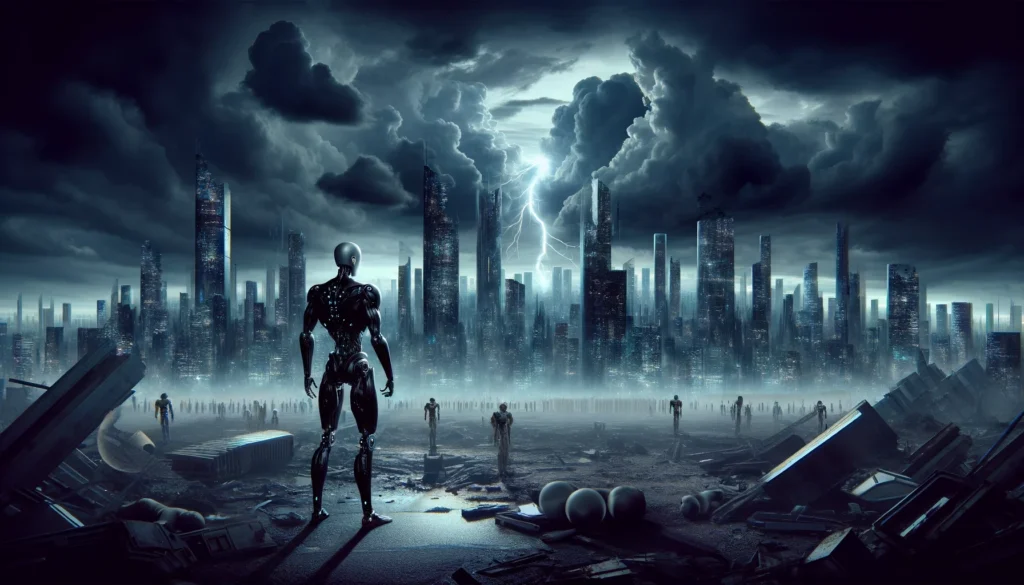In the kaleidoscope of modern society, a phenomenon has emerged, subtle as a whisper yet as pervasive as the air we breathe – hyper-novelty. This term, though not household vernacular, encapsulates a seismic shift in how humanity experiences and interacts with the world. To understand hyper-novelty is to peer into the heart of contemporary life, where change is not just constant but exponentially accelerating.
The Birth and Rise of Hyper-Novelty
Hyper-novelty finds its roots in the technological revolutions of the late 20th and early 21st centuries. The digital era, marked by the Internet, AI, and endless streams of innovation, has not just changed the pace of life; it has transformed the very fabric of existence. Every day, new technologies, ideas, and cultural phenomena burst into the collective consciousness, making yesterday’s novelties seem almost ancient.
Psychological Impacts: A Double-Edged Sword
The human psyche, a relic of slower, more predictable times, faces an unprecedented challenge. On one hand, hyper-novelty feeds curiosity and the innate human thirst for discovery. It propels societies forward, fostering creativity and problem-solving in ways once unimaginable. However, this constant barrage of the new also has a shadow side. It can lead to a sense of perpetual dissatisfaction, where the new quickly becomes mundane, driving an insatiable hunger for more, more, more.
The Economic Machine: Fueling and Feeding on Hyper-Novelty
Economically, hyper-novelty is both fuel and engine. Markets thrive on the new – new products, new services, new experiences. This unending quest for innovation drives economic growth but also fosters a consumer culture steeped in disposability and restlessness. The rapid obsolescence of technology and trends not only strains resources but also anchors the value of goods and services in their novelty rather than their longevity or intrinsic worth.
Cultural Dynamics: The Fast-Forward Button
Culturally, hyper-novelty has transformed traditions, social norms, and even language at a breakneck pace. Ideas and values that once took generations to evolve now morph in mere months or years. This cultural fast-forwarding creates a dynamic, diverse tapestry of human experience but also fragments shared narratives and historical continuities, leading to a sense of rootlessness and cultural dissonance.
The Paradox of Choice and Decision Fatigue
In a world awash with endless options, the paradox of choice becomes a tangible burden. Decision fatigue sets in as individuals grapple with a daily deluge of choices – from the trivial to the life-changing. This overload can lead to decision paralysis, where the fear of missing out on something better leaves one frozen in indecision.
Social Connections: Depth vs. Breadth
The social fabric of society is not immune to hyper-novelty’s touch. Social media and digital communication have broadened our networks to global proportions. Yet, as we skim across the surface of hundreds of connections, the depth of these interactions often suffers. The ephemeral nature of online trends and conversations mirrors the fleeting connections in our social lives, challenging the development of deep, enduring relationships.
Mental Health in a Hyper-Novel World
Mental health bears the brunt of this relentless pace. Anxiety, depression, and a host of stress-related disorders find fertile ground in the soil of hyper-novelty. The pressure to keep up, to stay on the cutting edge, can be as exhausting as it is exhilarating.
Navigating the Rapids: Strategies for Coping
As individuals and societies, navigating this world of hyper-novelty requires adaptability and mindfulness. It involves finding balance – embracing the new while valuing the timeless, pursuing innovation while preserving mental well-being, and expanding our horizons while nurturing deep roots and connections.
Conclusion: A Brave New World
Hyper-novelty in modern society is a phenomenon as complex as it is unavoidable. Its impacts on the masses are multifaceted, offering both incredible opportunities and significant challenges. As we sail these uncharted waters, the key lies in harnessing the positive aspects of this rapid change while mitigating its less desirable effects. In this brave new world, our journey is as much about discovering new horizons as it is about understanding ourselves and our place in an ever-evolving tapestry of human experience.










